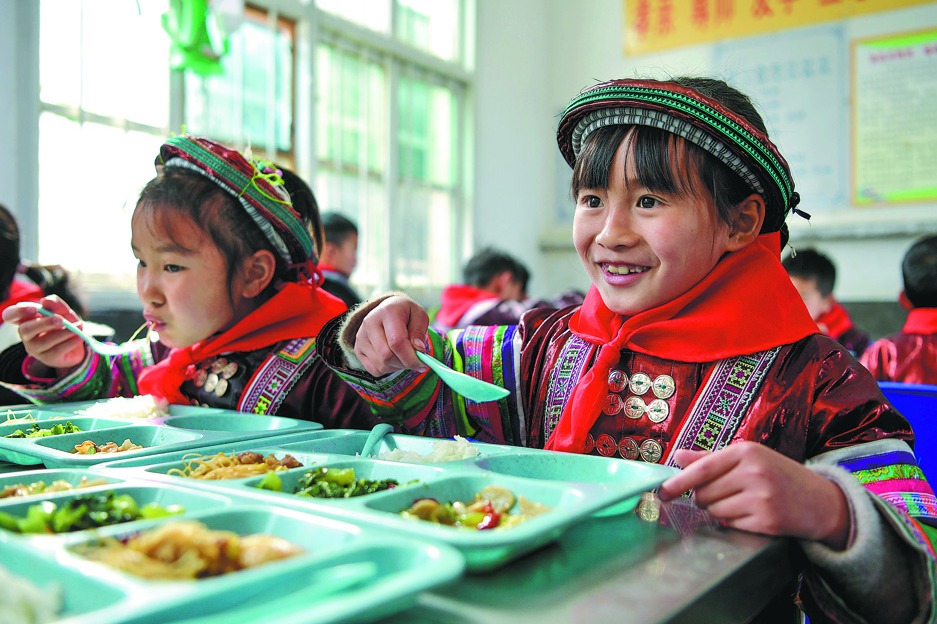Organ transplants suspended in Australia due to COVID-19 threat
Xinhua | Updated: 2020-03-26 15:20

CANBERRA - Experts have made the call to suspend organ transplants in Australia due to the risk coronavirus poses to recipients.
The National Transplantation and Donation Taskforce (NTDT) on Wednesday night announced that all kidney transplants have been suspended while liver, lung and heart transplants will go ahead for patients deemed to be "at imminent risk of dying from their organ failure."
It means that more than 1,000 Australians waiting to receive a new kidney will have to remain on dialysis indefinitely and that some donated organs will be thrown away.
"We're worried that in the present environment, the risks of dying soon after transplant are greatly increased," Steve Chadban, co-chair of the NTDT, told Nine Entertainment newspapers.
"It is much safer to keep somebody on dialysis rather than expose them to a kidney transplant and heavy immunosuppression drugs whereby we believe we would greatly increase their risk of getting severe disease if they caught coronavirus."
The decision came after the National Cabinet consisting of Prime Minister (PM) Scott Morrison and state and territory leaders agreed to ban all elective surgery.
The taskforce, which is made up of experts from Australia and New Zealand, will review its position weekly as the nature of the pandemic continues to evolve.
Chadban said there was a "distinct possibility" that patients awaiting organ transplants could die if Intensive Care Units reach capacity on account of COVID-19.
"We hope we won't come to that position but, if we do, the involved doctors will have to look at the prognosis of both patients and decide who's most likely to survive," he said.
























